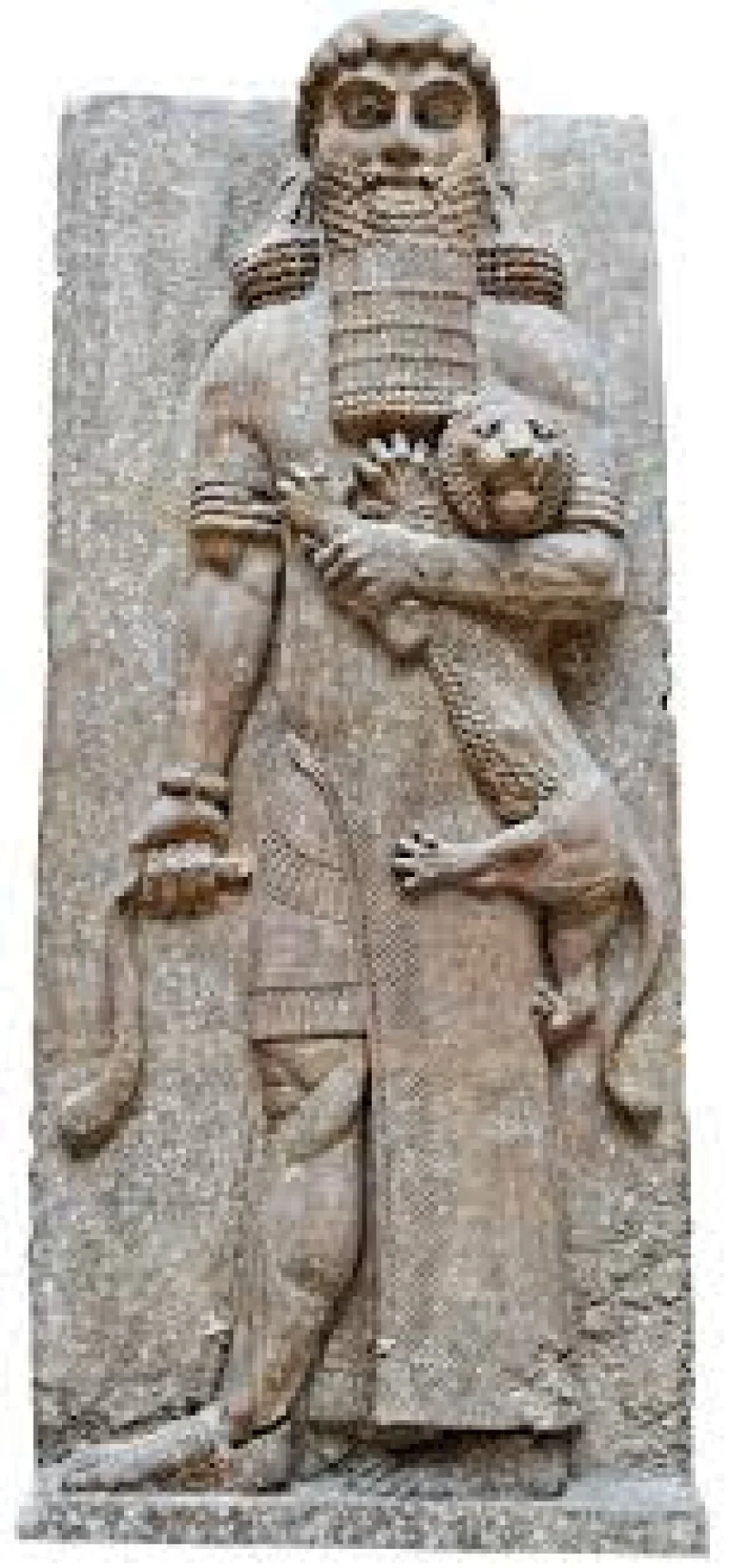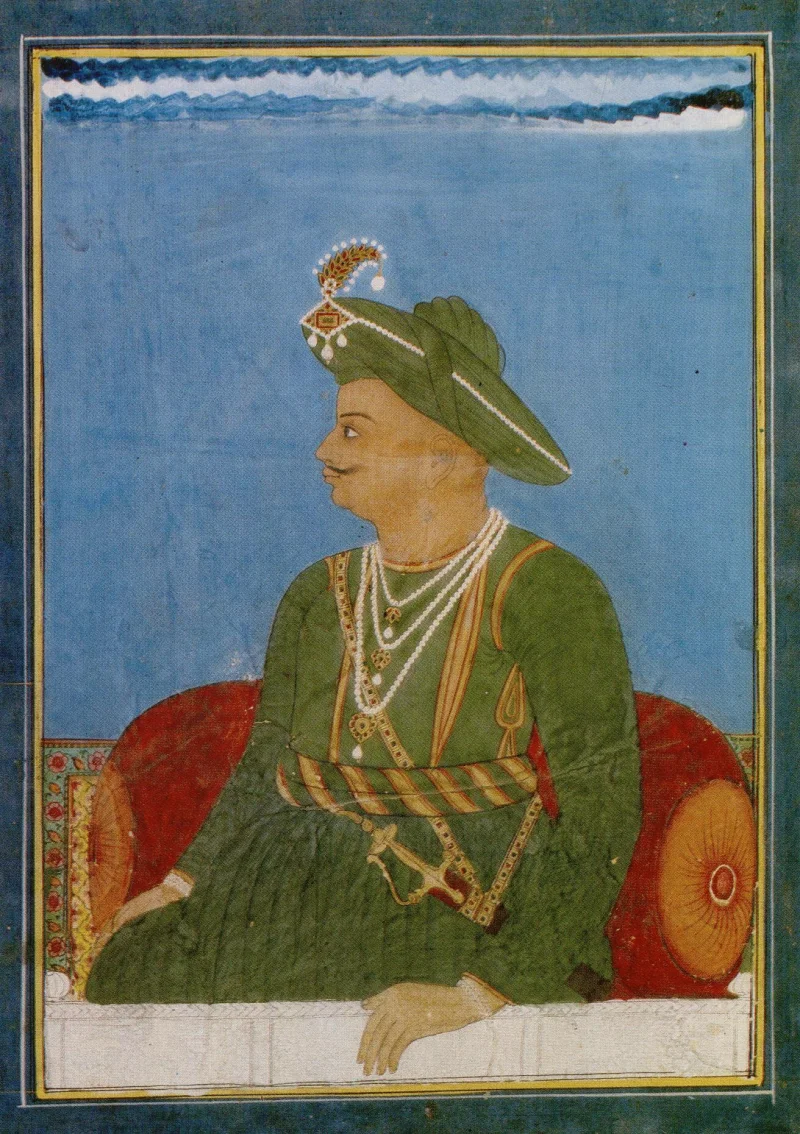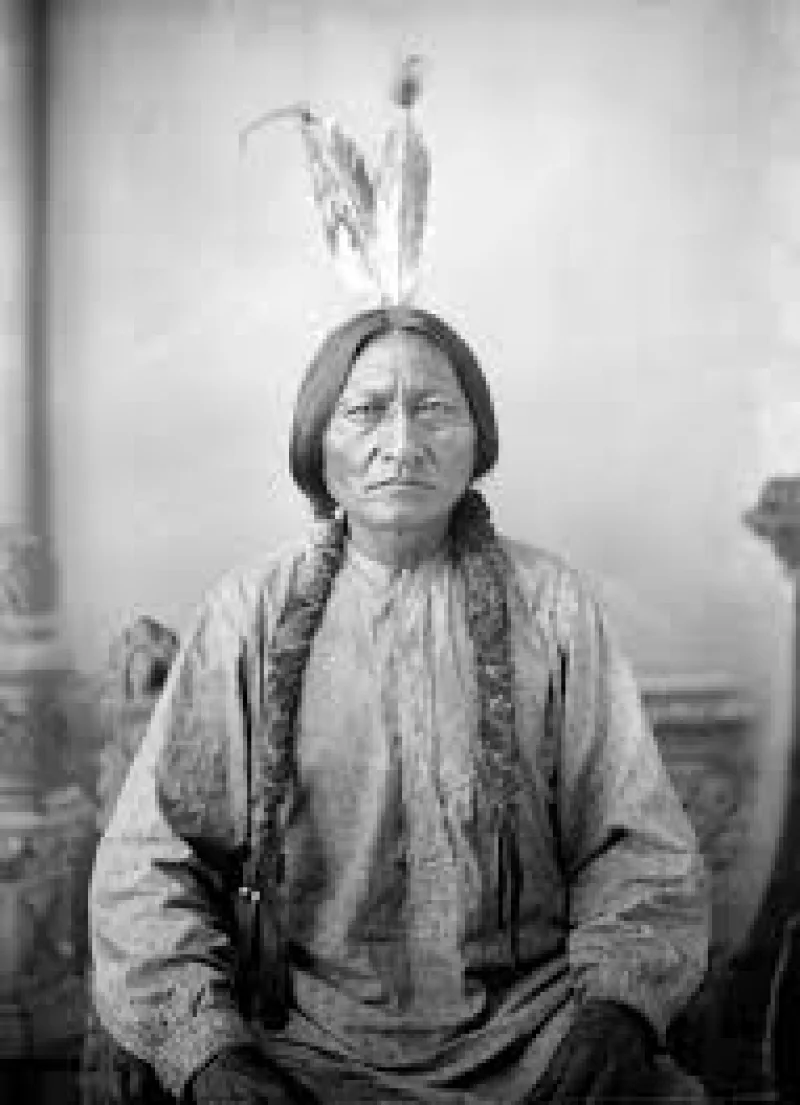Short Summary
Gilgamesh is a legendary figure from ancient Mesopotamian mythology and literature, best known as the protagonist of the Epic of Gilgamesh, one of the world's oldest known literary works. He is celebrated for his quests and adventures, exploring themes of human mortality, friendship, and the search for eternal life. His story has had a profound influence on literature and culture throughout history, making him a symbol of human aspiration and the quest for meaning.
Early Life & Education
Gilgamesh is traditionally described as being two-thirds god and one-third human, born to the goddess Ninsun and King Lugalbanda of Uruk. His early life is shrouded in myth, with tales of his extraordinary strength and divine heritage. As the king of Uruk, a city-state in ancient Mesopotamia, he was said to have been a powerful and charismatic leader. While specific details about his education remain unclear, the epic portrays him as a learned and wise ruler, indicating that he was likely exposed to the knowledge and culture of his time.
Career Highlights
As the king of Uruk, Gilgamesh's reign is characterized by significant achievements and challenges. His initial rule was marked by tyranny, prompting the gods to create Enkidu, a wild man, to divert his power. Their ensuing friendship transformed him, leading to numerous adventures, including the slaying of the monster Humbaba and the Bull of Heaven. These exploits are central to the Epic of Gilgamesh, reflecting his evolving character and quest for immortality. Ultimately, his journey underscores the limits of human ambition and the acceptance of mortality.
Major Achievements
- Sought Immortality: Undertook a quest to find eternal life after the death of his friend Enkidu.
- Built the Walls of Uruk: Credited with constructing the formidable city walls, a symbol of his legacy.
- Defeated Humbaba: Conquered the fearsome guardian of the Cedar Forest, showcasing his heroism.
- Killed the Bull of Heaven: Saved Uruk from destruction by slaying the divine bull sent by the goddess Ishtar.
Famous Quotes
- "Who can compare with him in kingliness? Who can say like Gilgamesh: I am king?"
- "The life that you seek you will never find."
Interesting Facts
- The Epic of Gilgamesh is written in Akkadian on twelve clay tablets.
- Gilgamesh's friendship with Enkidu is one of the earliest known literary depictions of deep camaraderie.
- The story explores existential themes like the inevitability of death and the pursuit of meaning.
- It is considered a precursor to later epic literature, influencing works like the Odyssey and the Aeneid.
Legacy / Influence
The legacy of Gilgamesh endures as a seminal figure in literature and mythology, representing the human condition's complexities and aspirations. His narrative has influenced countless literary works and philosophical inquiries into life, death, and friendship. As one of the earliest epic heroes, Gilgamesh's story continues to resonate, offering timeless insights into the universal human experience.
FAQ
Q: Why is Gilgamesh famous?
A: Because of his legendary status as a king and hero in the Epic of Gilgamesh.
Q: What are Gilgamesh's main achievements?
A: His main achievements include building the walls of Uruk, defeating Humbaba, and seeking immortality.
Q: What is the primary theme of the Epic of Gilgamesh?
A: The primary theme is the search for meaning and immortality, and the acceptance of human mortality.










